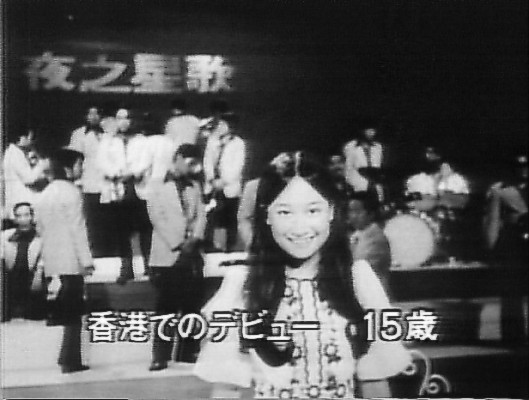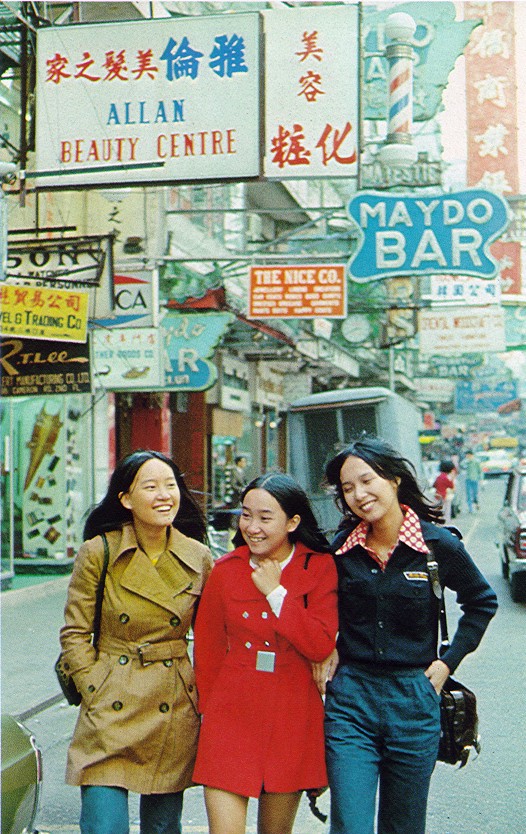|
Chapter 2 |
|
|
It was in
1970, when
美齡 was 15 years
old. Her activities as an amateur folk singer attracted a TV director's
attention. She appeared on TV and sang a song, as a younger sister of
Irene who enjoyed popularity as a movie star at the time.
A man who was played guitar on this record, was John Chen. He also gave lesson of playing guitar to the members of the folksong club where she
joined. On his cousin's advice,
美齡 showed him
her singing. He approved it. He introduced her to the record producer. She chose to record Joni Mitchell's "Circle Game" from among the others
she had been given.
Her parents, especially her father
陳燧棠 was strongly against her to enter into the show business.
He realized that the career of a singer was ups and downs, and was low
and not worthy one which had not a real value in life. He thought that
woman should also study hard to make fine grades. Irene had entered a show
business but left school, and this enraged him.
美齡 promised her
parents not to neglect her schoolwork and obtained
|
|
 On TV program in Hong Kong |
Agnes had appeared on TVB's
programs "Star Show" and "歡樂今宵"
but after that, she signed on with RTV and took charge of the regular
program "美齡晚會
Agnes Chan Show." She had her own program only for four months after she
debuted.
|
|
At Christmas in the year, Irene
and Helen including Agnes together appeared on the special program of "美齡晚會" This caused a sensation and "Chan sisters" became the talk of the town.
|
|
|
|
At the end of the year, she
won an award for the Best Asian Singer Prize as well as chosen to be one of "Hong Kong's Ten Top Stars."
|
|
All of these movies had the same
theme as teen-age romance film. Shaw Brothers did not require her
to process an acting ability, the studio convinced that her appearance
alone would be enough to help films with the box office. Actually, their
thinking was right. Later she said that she had trouble in learning the
lines because those films were made in Mandarin.
|
|
